Anti-discrimination bill arrives in parliament
Parliament is today due to consider the draft anti-discrimination law that was pulled from procedure previously at the behest of religious communities.
Wednesday, 18.03.2009.
09:33

Parliament is today due to consider the draft anti-discrimination law that was pulled from procedure previously at the behest of religious communities. Under this law, which will protect all groups that could be subject to discrimination, all forms of discrimination will be sanctioned in a comprehensive manner for the first time. Anti-discrimination bill arrives in parliament Although the government has already fine-tuned a number of the law’s articles in accordance with the wishes of churches and religious communities, further talks were held with religious representatives just a day before the new session of parliament. Speaking to B92, one of the stakeholders, Human and Minority Rights Minister Svetozar Ciplic, said that each side had stuck to its guns at a meeting at the Serbian Orthodox Church Patriarchy, but that he was sure that the law would nonetheless be adopted. Besides Ciplic, Labour and Social Policy Minister Rasim Ljajic and Religion Minister Bogoljub Sijakovic also attended the meeting, while the church and religious communities were represented by Belgrade Archbishop Stanislav Hocevar of the Catholic Church, mufti Muhamed Jusufspahic and rabbi Isak Asiel. Ciplic said that he had persuaded the religious community representatives that this law did not pertain to allowing gay marriages, but that, besides this, no consensus had been reached. According to him, the ministers outlined to the religious community representatives the reasons why they would not be omitting Article 21 concerning people’s sexual orientation. “They understood, but they stuck to their own religious standpoint, to the teachings of their holy books, that this should not be displayed publicly, while we held to our position that this was not something that should be outlawed and that it was something that had to be if want to be in Europe, and that it’s a normal thing for us to have to have this kind of law with these kinds of provisions,” the minister explained. Despite disagreements with coalition partners over certain points of the draft law, Ciplic is confident that the law will be adopted. “The majority is sound and stable. It might be awkward presenting the law and listening to arguments and counter-arguments, but there is no doubt that the law will be passed,” said the minister. The draft law was pulled from parliamentary procedure at the request of the church and religious communities. Though religious communities remain unsatisfied despite the government adopting some of their objections, the word from Prime Minister Mirko Cvetkovic’s cabinet is that the draft law is final and that there will be no further changes. Amendments to the law were adopted at the last cabinet meeting, whereupon it was dispatched to parliament under urgent procedure, where it will be one of the items on the agenda of the upcoming session. Svetozar Ciplic (FoNet, archive)
Anti-discrimination bill arrives in parliament
Although the government has already fine-tuned a number of the law’s articles in accordance with the wishes of churches and religious communities, further talks were held with religious representatives just a day before the new session of parliament.Speaking to B92, one of the stakeholders, Human and Minority Rights Minister Svetozar Čiplić, said that each side had stuck to its guns at a meeting at the Serbian Orthodox Church Patriarchy, but that he was sure that the law would nonetheless be adopted.
Besides Čiplić, Labour and Social Policy Minister Rasim Ljajić and Religion Minister Bogoljub Šijaković also attended the meeting, while the church and religious communities were represented by Belgrade Archbishop Stanislav Hočevar of the Catholic Church, mufti Muhamed Jusufspahić and rabbi Isak Asiel.
Čiplić said that he had persuaded the religious community representatives that this law did not pertain to allowing gay marriages, but that, besides this, no consensus had been reached.
According to him, the ministers outlined to the religious community representatives the reasons why they would not be omitting Article 21 concerning people’s sexual orientation.
“They understood, but they stuck to their own religious standpoint, to the teachings of their holy books, that this should not be displayed publicly, while we held to our position that this was not something that should be outlawed and that it was something that had to be if want to be in Europe, and that it’s a normal thing for us to have to have this kind of law with these kinds of provisions,” the minister explained.
Despite disagreements with coalition partners over certain points of the draft law, Čiplić is confident that the law will be adopted.
“The majority is sound and stable. It might be awkward presenting the law and listening to arguments and counter-arguments, but there is no doubt that the law will be passed,” said the minister.
The draft law was pulled from parliamentary procedure at the request of the church and religious communities.
Though religious communities remain unsatisfied despite the government adopting some of their objections, the word from Prime Minister Mirko Cvetković’s cabinet is that the draft law is final and that there will be no further changes.
Amendments to the law were adopted at the last cabinet meeting, whereupon it was dispatched to parliament under urgent procedure, where it will be one of the items on the agenda of the upcoming session.










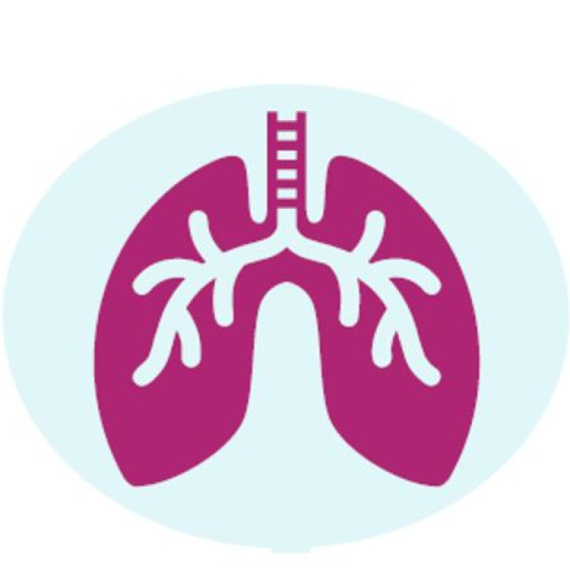


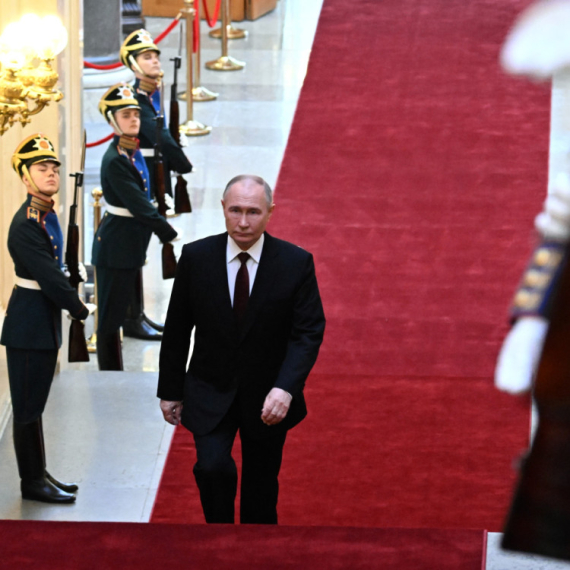













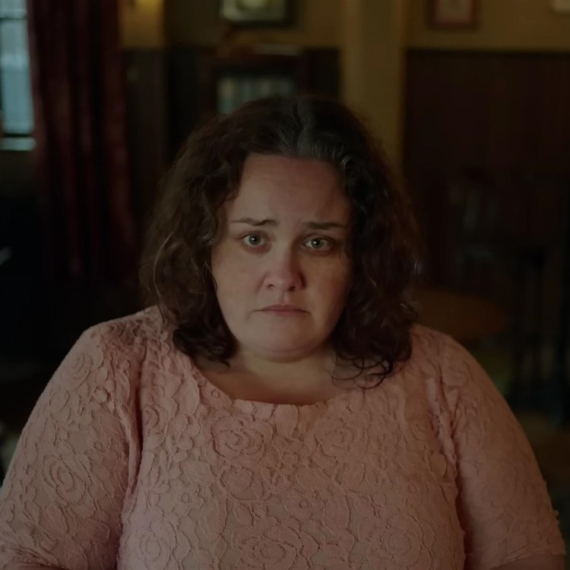
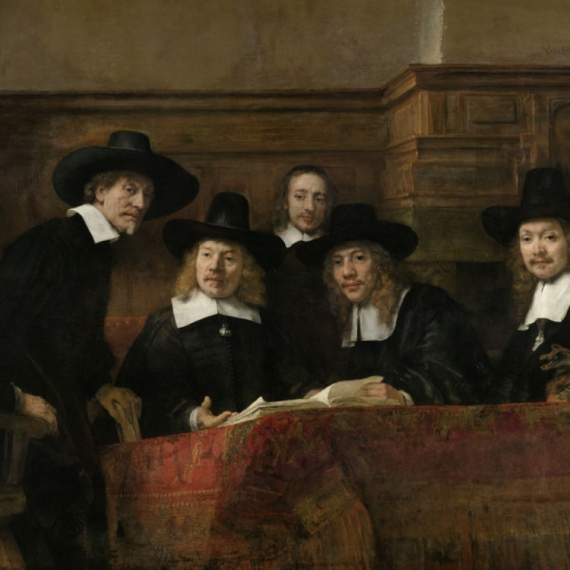

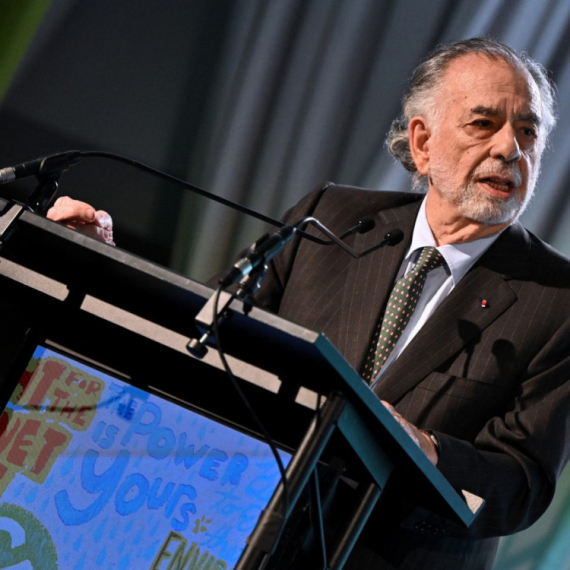









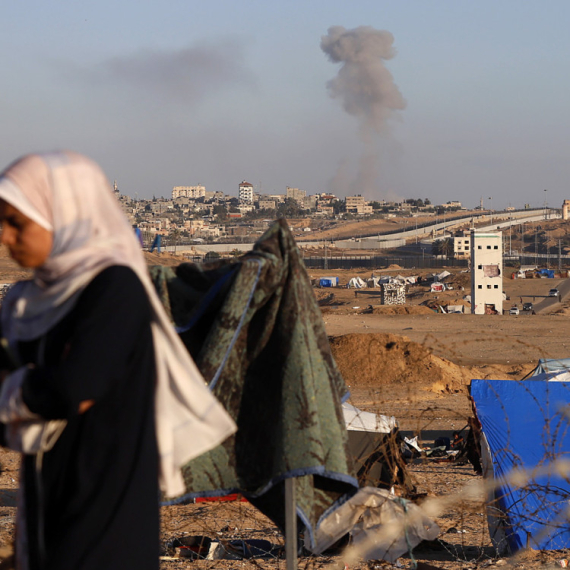
















Komentari 0